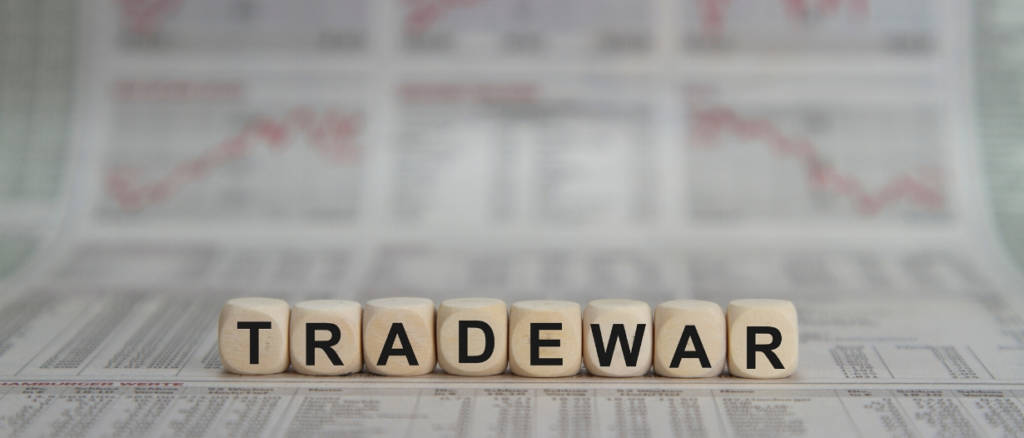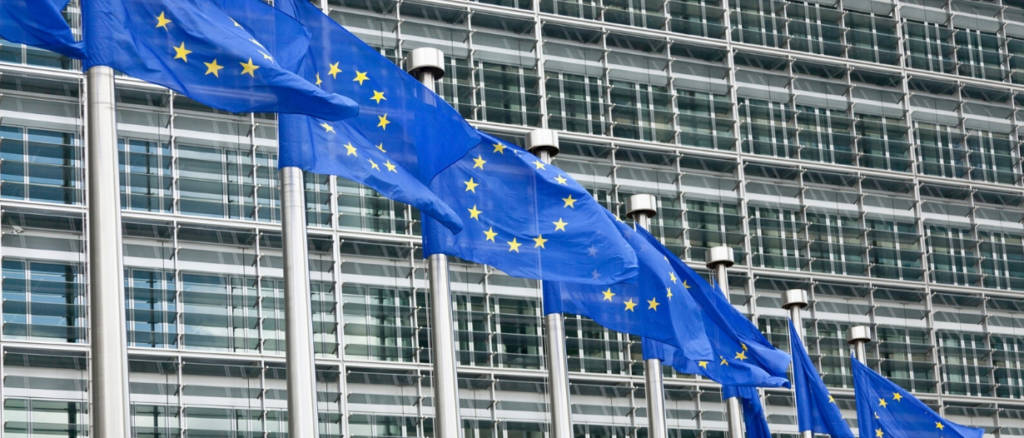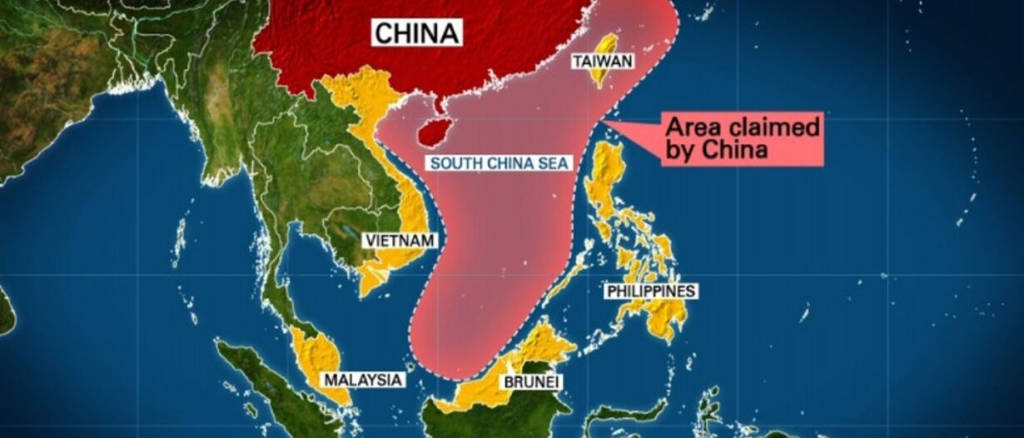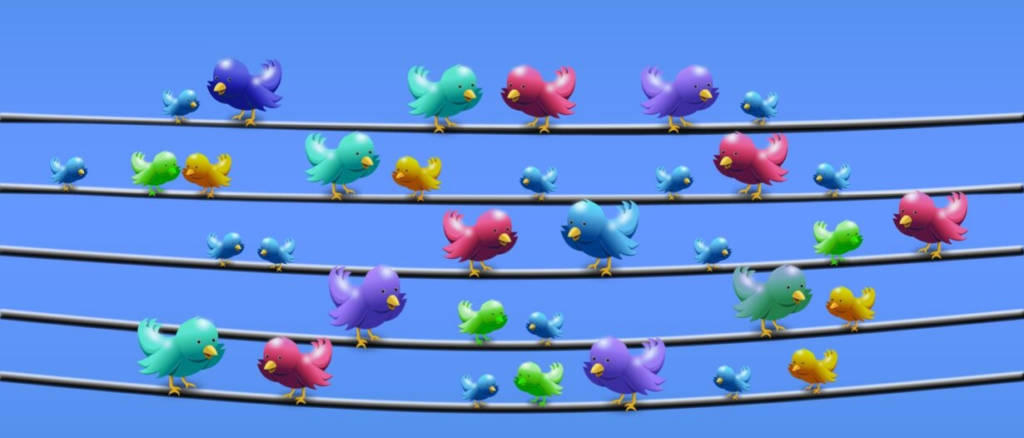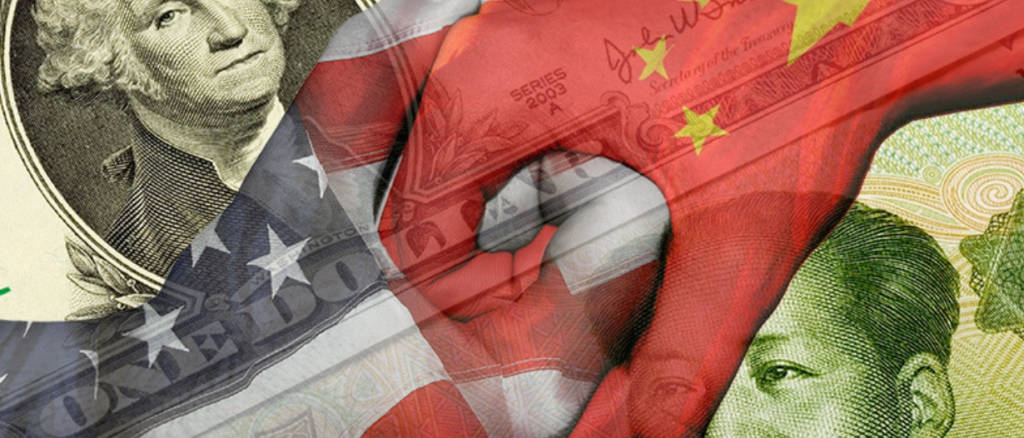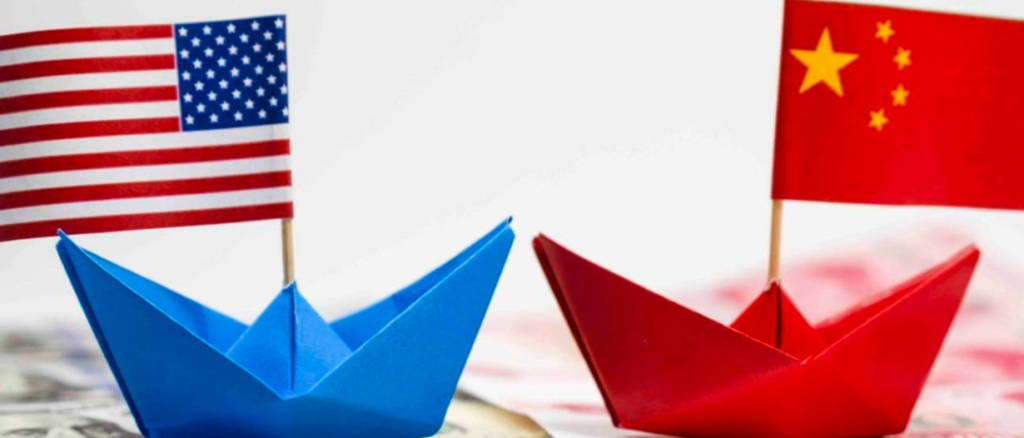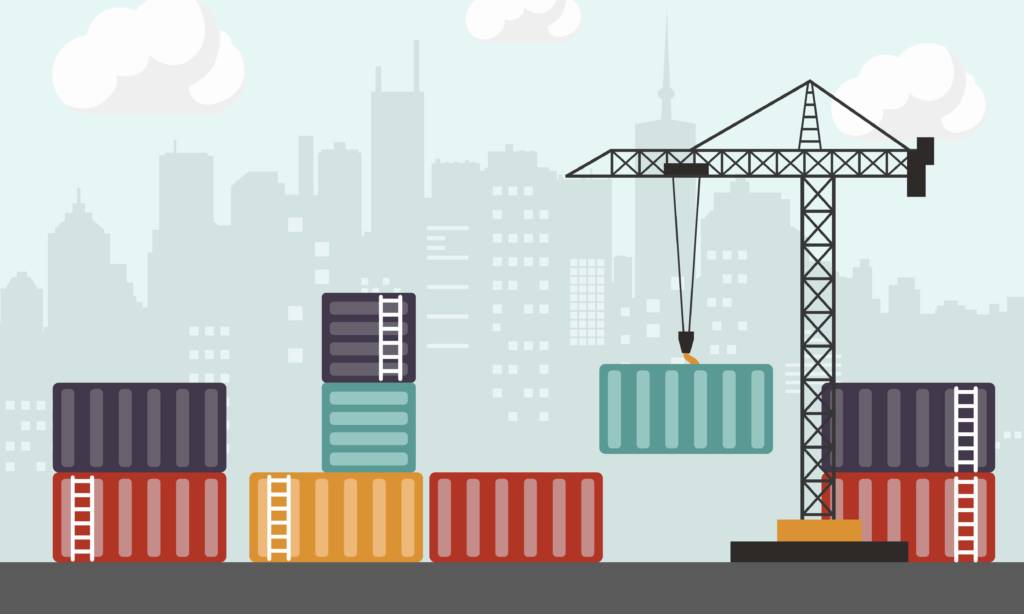Despite what economists, central bankers, and politicians may tell you, the evolution of the world economy is not a graceful one. Rarely does it feel cooperative, since getting a good look at how a single element impacts the whole can seem downright impossible. However, the past few days have shined a light on how trade helps shape the global economic landscape, make waves across markets, and set the tone for the future.
The European Commission faces a tough challenge when considering its policies regarding competition in the market: It is a fine line between protecting domestic companies that struggle in light of giant companies from abroad and softening antitrust rules that Ms Vestager has to walk as EU competition chief.
The Chinese President Xi Jinping and Filipino President Rodrigo Duterte have met a record number of eight times over the past three years. The subject of the South China Sea has been an increasingly tense regional topic of the past decade.
According to the 2019 Global Housing Affordability Survey, Hong Kong is the most expensive city to live in. In 2018, the housing price to income ration in Hong Kong is 20.9, resulting in that the living space per capita in Hong Kong is approximately 12㎡.
Twitter has changed the way politics is portrayed. Not only has it arguably drifted political opinions further apart, but it has also given rise to issues like false information and hate speech in the political discourse.
Over the past few weeks, trade spats have shaken global markets. Worldwide, trade conflicts are being borne of political rather than economic woes — is this the new normal?
It is clear that NGOs play a major role in providing humanitarian aid. However, there are several NGOs that are responsible for facilitating national and international trade as well. Organizations like Care International, use trade as a tool to empower women by improving their financial literacy.
A trade war is unlikely to turn into a currency war, and the yuan’s exchange rate against the dollar should stabilize and be slightly lower than it was before the trade war. However, this situation is not what the United States wants to see, and how it will develop still needs to be observed to further respond to the depreciation of the RMB.
Donald Trump provoked trade disputes between the US’s trading partners all around the world. Most dramatically, Trump has imposed waves of tariffs against China on nearly half of the Chinese exports to the US.
The value of global trade today is around $40 trillion. Approximately 10% of this amount is commodity trade. Therefore being able to predict what is likely for the future of the trade industry to hold is essential for business growth and preparation. Some of the most influential factors on global trade today are















